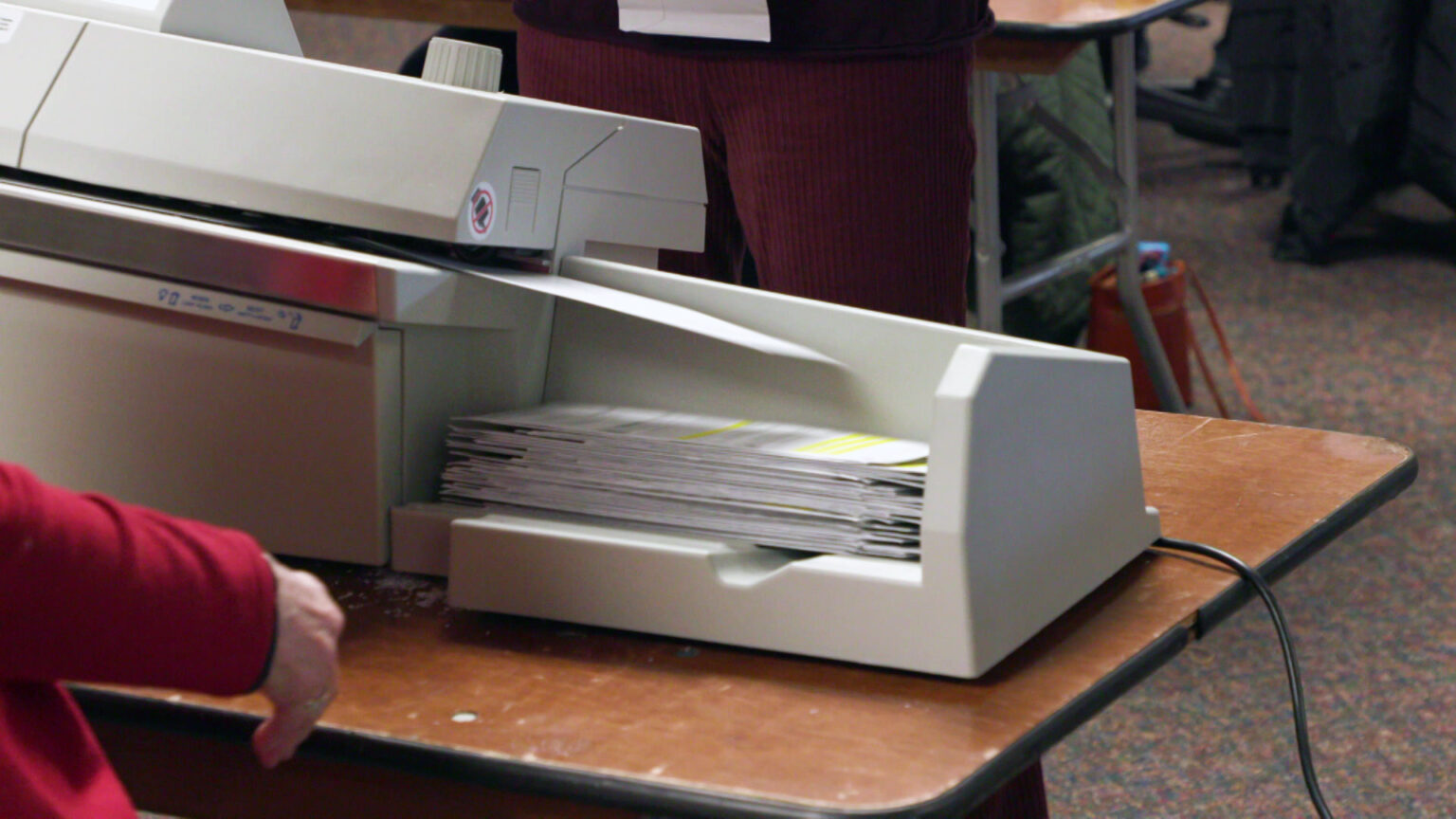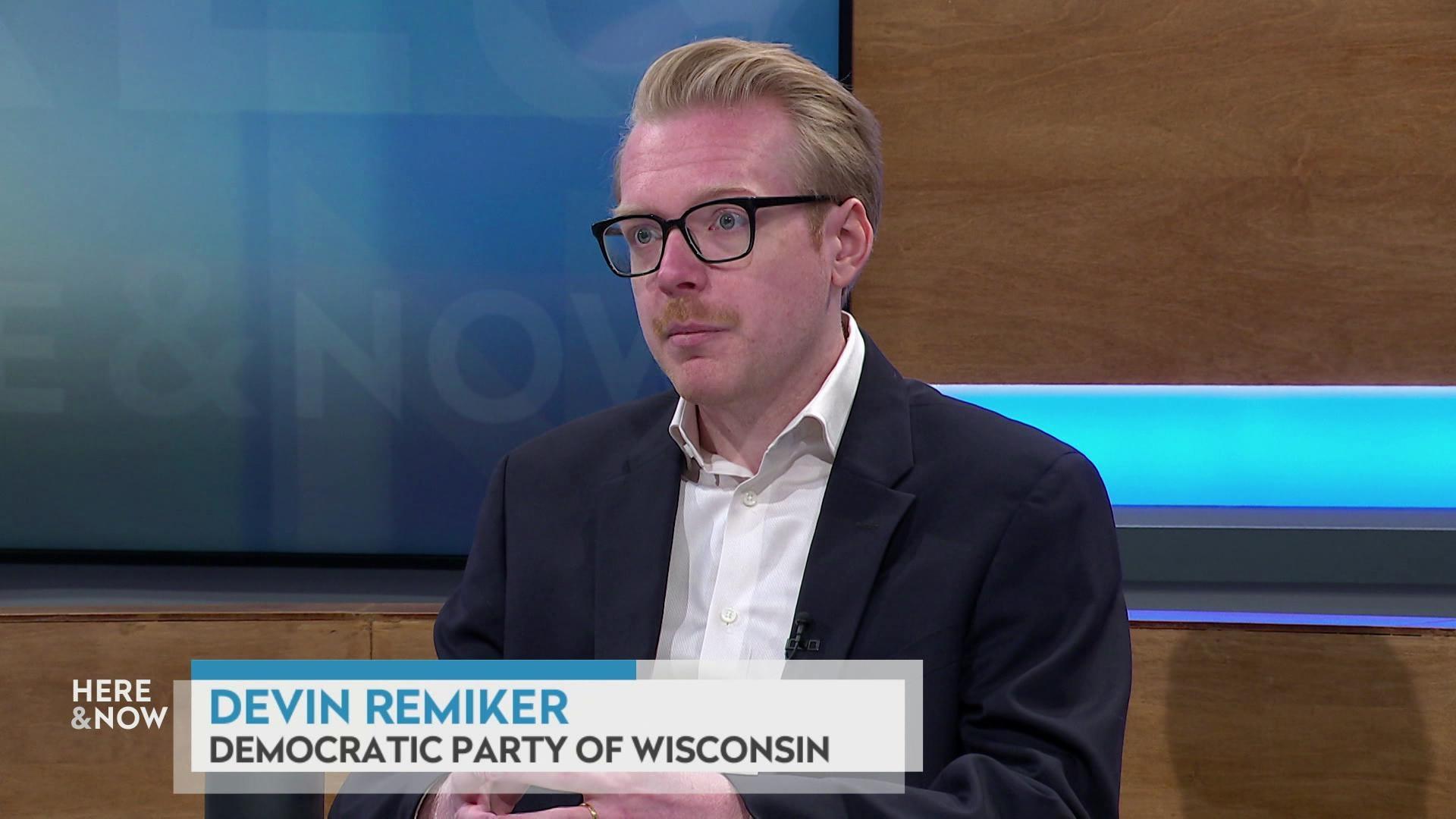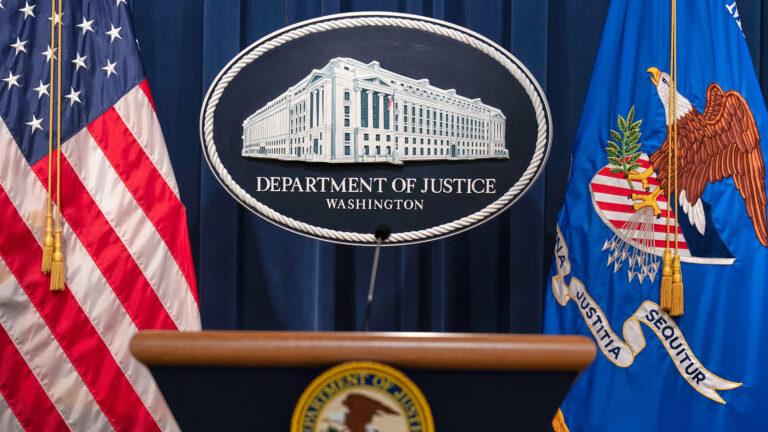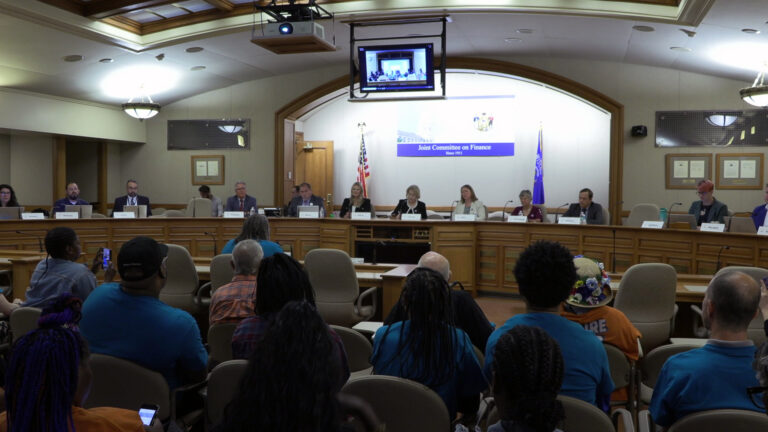Voting groups file lawsuits over Wisconsin's absentee ballot witness address policy
The lawsuits come after a Waukesha County judge sided with Republicans and said election clerks are barred from filling in missing information on the form that serves as an envelope for absentee ballots.
Associated Press
October 3, 2022

An election worker feeds absentee ballot envelopes into an envelope-opening machine at a Milwaukee central count facility on Nov 3, 2020. (Credit: PBS Wisconsin)

MADISON, Wis. (AP) — Two lawsuits filed in the last week of September argue that Wisconsin election clerks should be allowed to accept absentee ballots that are missing portions of witness addresses, the next step in the ongoing legal battle that has pit conservatives against liberals in the battleground state.
The lawsuits, filed three days apart on Sept. 27 and Sept. 30, come after a judge in Waukesha County circuit court in September sided with Republicans and said election clerks are barred from filling in missing information on the form that serves as an envelope for absentee ballots.
The judge struck down guidance issued by the bipartisan Wisconsin Elections Commission, in place for six years, saying that clerks could fill in missing information. The judge agreed with Republicans that there is nothing in law allowing clerks to do that.
The practice, known as ballot curing, was unchallenged until after Donald Trump’s narrow loss in 2020 when nearly 1.4 million voters cast absentee ballots and COVID-19 vaccines weren’t available yet.
Absent any guidance, there is confusion among election officials over how much of an address must be provided by the witness to allow for the ballot to be counted.
Absentee ballots with partial witness addresses should be accepted, not rejected, according to a lawsuit seeking an order to that effect filed Sept. 30 by the League of Women Voters of Wisconsin. The group is represented by Fair Elections Center and Law Forward, law firms that have represented liberal groups suing over voting rights in Wisconsin.
Rejecting a ballot because it doesn’t have parts of a witness address violates the 1964 Civil Rights Act’s prohibition on denying a vote based on immaterial omission or error, the lawsuit contends. Also, the lack of notice to voters whose ballots are threatened with rejection violates the U.S. Constitution’s due process requirements, the lawsuit argues.
“Our aim is to obtain certainty for voters and the municipal clerks who do the critical work of administering Wisconsin’s elections, and to make sure that every eligible voter may have their voice heard in November,” said Law Forward attorney Dan Lenz.
Their complaint comes three days after a liberal group filed a similar lawsuit seeking a definition of what constitutes an address under the law. That lawsuit was filed by Rise Inc., which encourages students to vote, along with Jason Rivera, a Madison voter.
That lawsuit seeks an order requiring the Wisconsin Elections Commission to tell local election officials that they must accept ballots as long as the witness address “includes sufficient information from which the clerk can reasonably discern the place where the witness may be communicated with.”
Both lawsuits were filed in Dane County circuit court. None of the legal battles are expected to be resolved before the November midterm election. The fight is likely to go to the conservative-controlled Wisconsin Supreme Court.
The Legislative Audit Bureau last year reviewed nearly 15,000 absentee ballot envelopes from the 2020 election across 29 municipalities and found that 1,022, or about 7%, were missing parts of witness addresses. Only 15 ballots, or 0.1%, had no witness address. Auditors found that clerks had corrected addresses on 66 envelopes, or 0.4% of the sample.
President Joe Biden defeated Trump by just under 21,000 votes, a margin similar to Trump’s victory in 2016.
 Passport
Passport











Follow Us